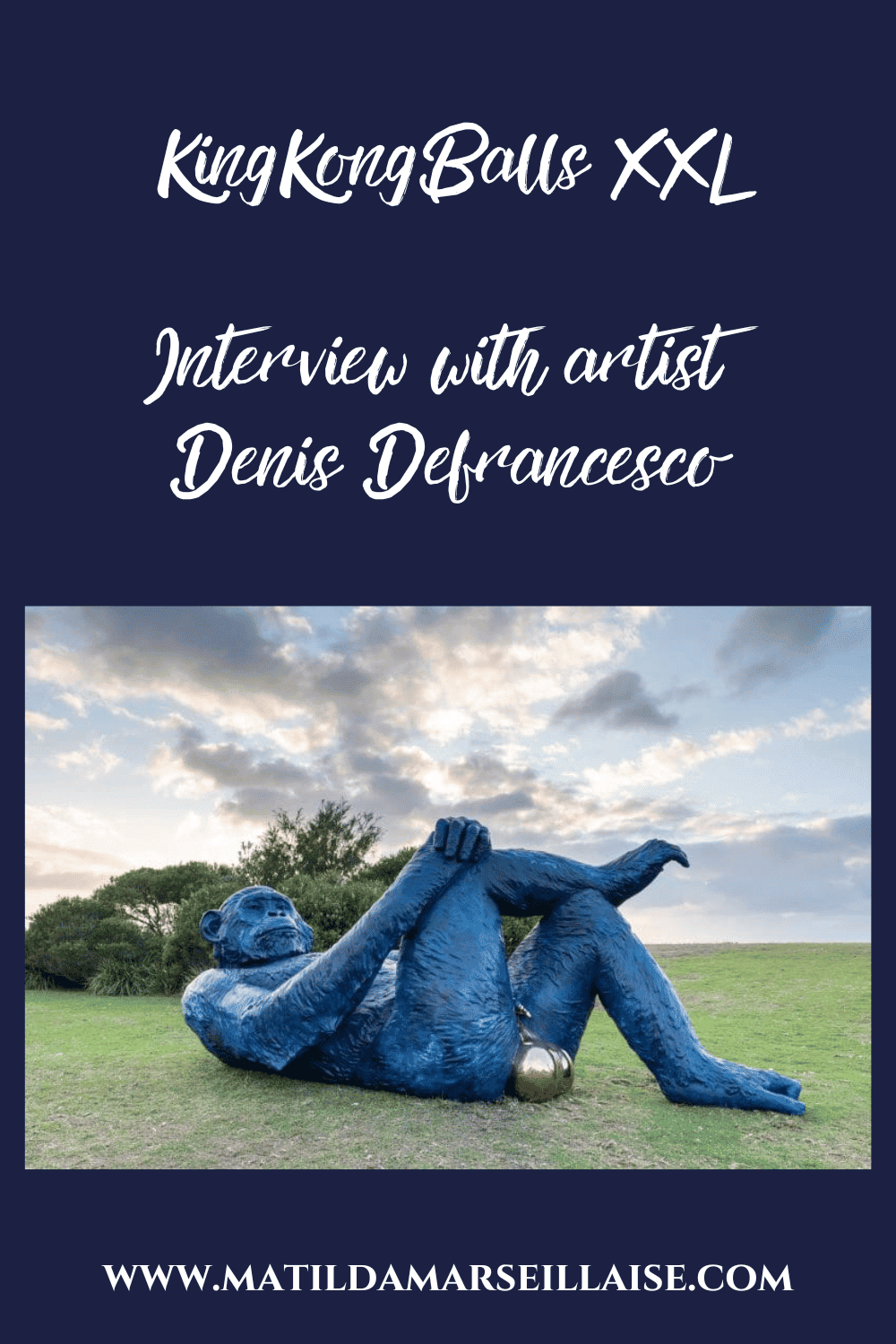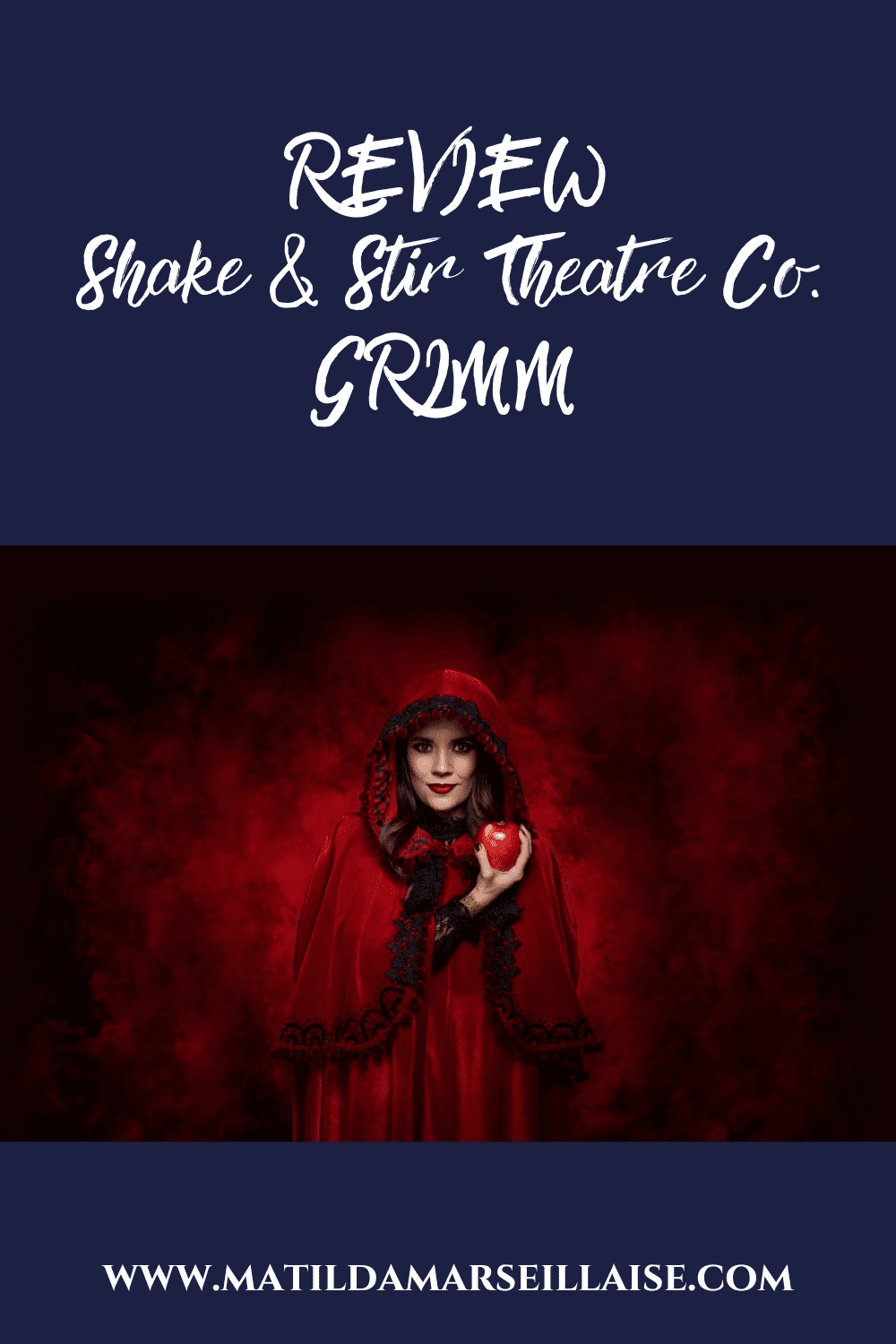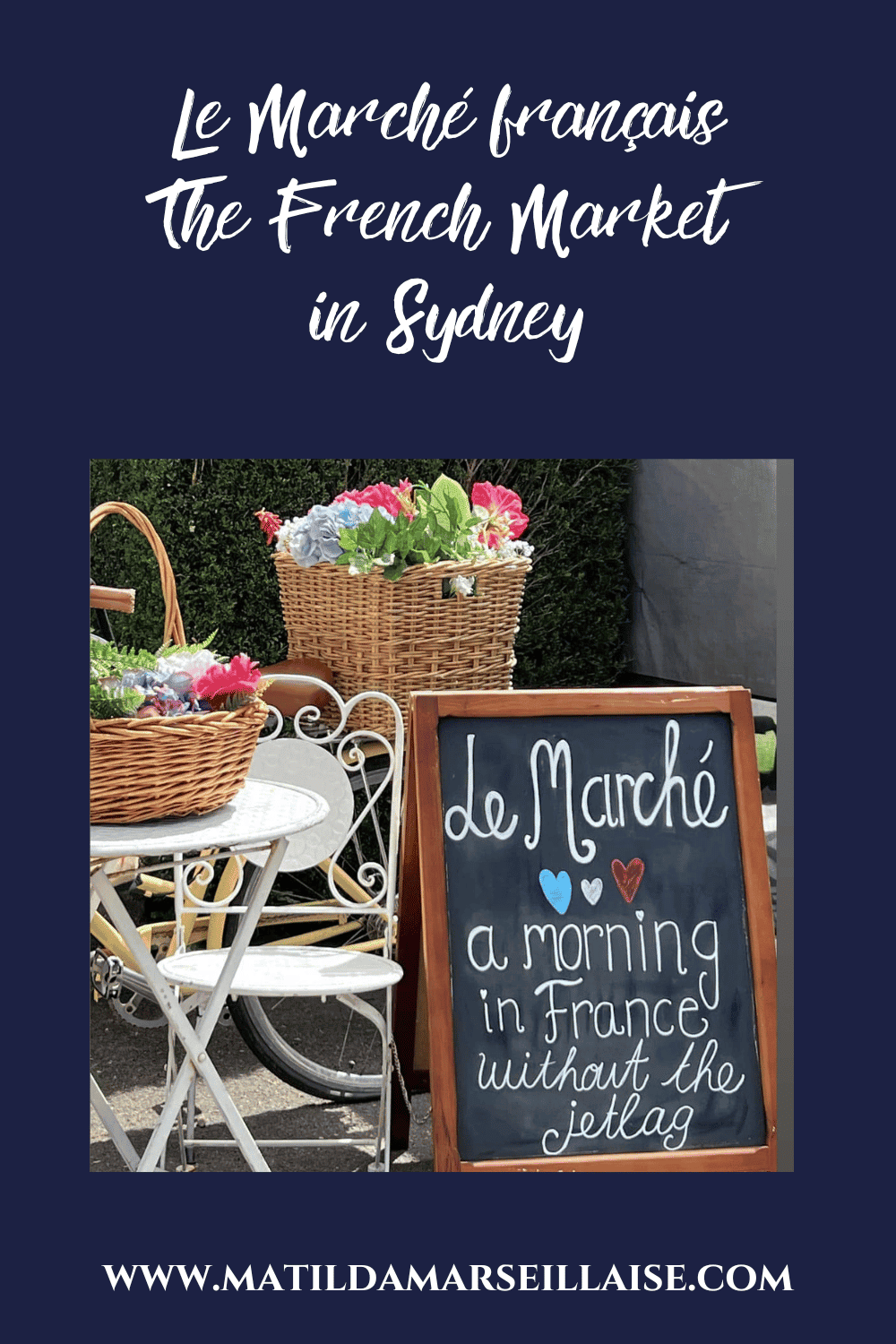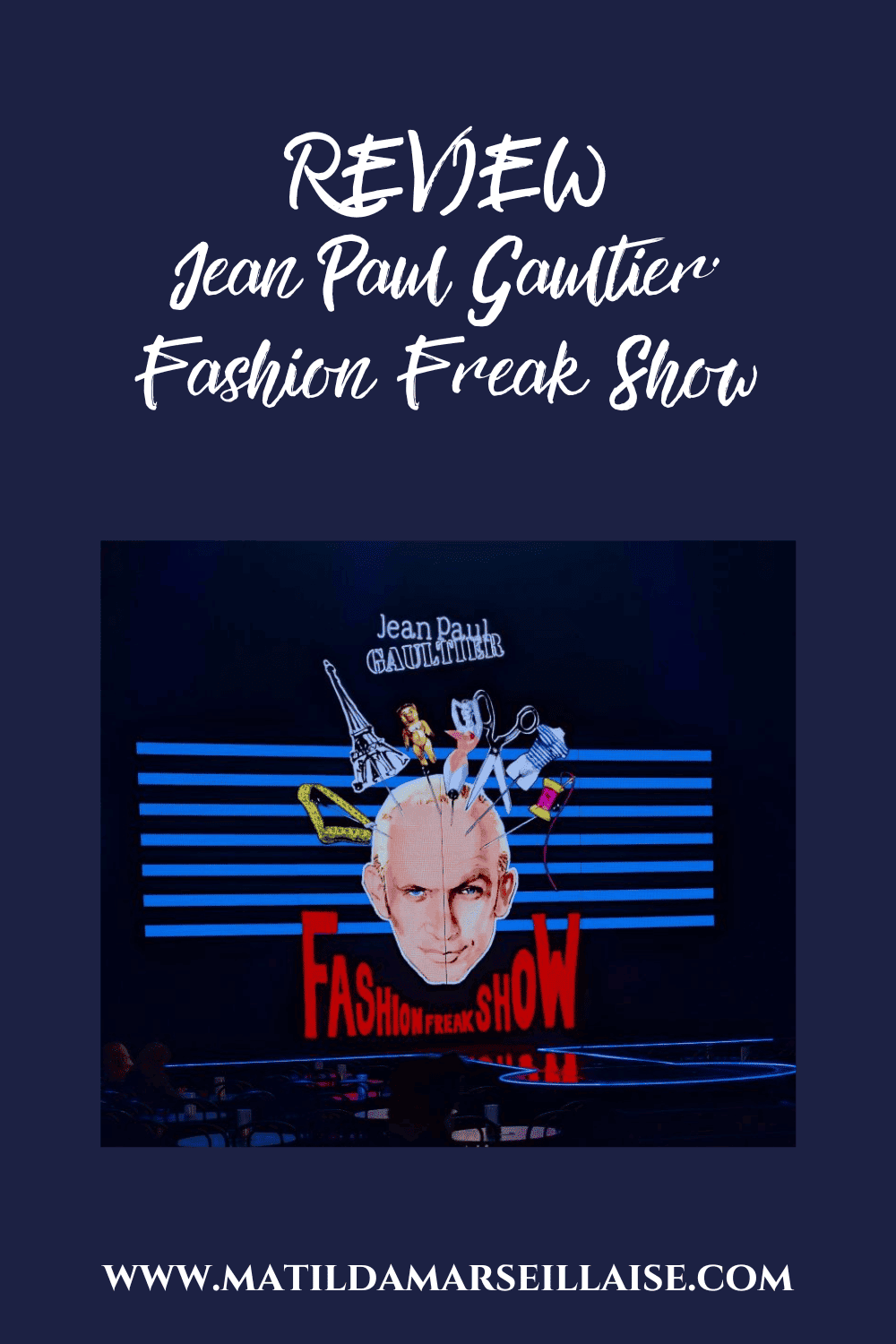Hew Parham is the writer and star of the one-man show Symphonie of the Bicycle. It returns to Adelaide in May after making its Adelaide debut during the Tour Down Under 2023. We had a chat to Hew Parham about the show. Read the interview below.

Hew, the Symphonie de la Bicyclette is now Symphony of the Bicycle and you’re bringing it to Adelaide again next month. Can you tell us a little bit about the show?
It’s a multi-narrative show, and I was a bit inspired with a symphony because they often have two different themes which meet at the start, and then they go away and then they come back again.
In this show, there’s two different protagonists. One is Hew, very imaginatively named, and he is stuck in a bit of a malaise. He has a real pathological envy of his high school best friend, Jake, who’s become a very, very successful cyclist. He meets Jake again, and he gets a bit humiliated. He’s very lonely. Along the way, Hew meets kind of different people. Hew thinks that he has to become, in a sense, an asshole to become a winner.
That story is juxtaposed with a real story of Gino Bartali, who was an Italian cycling champion who was around in the 30s and the 40s. And his story in the show was a bit of a flash forward at the start, where he’s basically in 1948 at the Tour de France, when Italy was in a very provocative political position, and he was asked by the Italian Prime Minister to if he could win the Tour de France to save Italy from going into a civil war. No pressure.
And then in a way, in the astral sphere, Hugh and Gino meet, they sort of help each other, in this sort of brief, kind of magical moment where I think Gino was reminded that he is just a cyclist or just a man, he can’t do it all, and kind of in some ways, taking off that weight or taking off that guilt or allowing for that grief in a way kind of allows him to win. So, it’s kind of a complex, layered show, which sort of goes back and forth between these two stories and really paints a picture of these two men.
And what I was looking for at the time that I started writing this – it was sort of the time of Trump and then the back end of a bit of Lance Armstrong and seeing these real narcissistic men, kind of bullies, that needed to win at all costs. I think I was looking for a bit of a counterpoint or a hero, which spoke something differently to that. And I found out about Gino and about his quiet nobility and the fact that he didn’t tell anyone about these things. And I guess that’s something I just wanted to explore or express maybe express to the world in a way as well, but not in a perfect way. He is a very tortured character in a way but then there is also this beautiful humility to him,
Then, I guess in that counterpoint to the character of Hew, who is, I think the narcissism in ourselves or our petulant desire to win and to be seen. I guess these men present two different sides of a coin, in a way.
I was going to ask when it was that you first heard about Gino Bartali and whether it was him that actually inspired the play, but it seems like you were already writing a play and looking for someone of his nature. How did it come about? How did the how did you start writing it?
It actually started somewhere completely different. Radically different. The Tour Down Under many years ago, maybe even ten years ago now, asked me to come up with a, a character for the Santos tent in Victoria Square. And so I invented this character called Jacques Cornichon, who was a French bucktoothed cyclist with massive thighs. I was sort of around that area and a lot of families and stuff like that and went oh “I think everyone feels like they want something to do or need something to do, even. How many times can you just go in circles and look at bikes?” And then I went, “oh, if I could come up with a little 20 minute or 30 minute cycling clown show, I could play in a tent in Victoria Square”.

I think, honestly, by accident, it might have even been a Facebook three minute video, all about Gino Bartali. Something about it hit me like a lightning bolt. And then I became pretty obsessed with researching him and then reading a couple of his biographies and, almost to the point that it ruined me in a way that because I wanted to make this 20 minute thing, and then, I kept on trying and then working with other collaborators, and they said, “oh, I think we could just be inspired by him.” And other people wanted to just focus on either Jack and then eventually when sort of this Hew and Gavin sort of story started happening and they said, “oh, no, I think, you know, Gino can just be, you know, just something in the background or representation.” And whether it was Gino or whether it was me, I was thinking, “no, no, I think he’s there. I think he needs to be in there”.
Eventually I think when I started working with Chris Drummond, I got the residency through the Mill, I think at some point something clicked and we realised we needed that counterpoint to Hew in a way. Chris’s experience with multi narratives, which he’s done a lot of, was really very helpful in really helping me shape the work and interlock these two stories.
Then I had this incident. I did this thing where I dressed up as a friend of mine who has become quite successful, and I kind of found myself in this outfit and going, “what am I doing?” And in a rehearsal, I think just someone must have set record and apparently, I just ranted for about 20 minutes and then everyone found it very funny. And they went, you know I think the clown, the character is you. And “I think you’re right.”
With my style of clowning or of theatre making, often we’re encouraged to really look at our own neuroses and really make fun of them and really challenge them. I guess that is the humanity as well which is why I think people have responded to the work as well. I think that people see that side of themselves in them, or that friend that they feel has become successful or that part of themselves they feel that they’ve missed. For starting with Jacques, it went in two different directions with Gino and then with Hew.
So, has Jacques become Jake?
No, not really. I mean, maybe without even realising it. I’ve never even thought about that. No, I think Jacques is kind of a comic book character, or something like that.
No, Jake is an amalgam of, I would say, about five different people in my life. So, it’s a bit of a mix, though maybe helps hide it a bit from people knowing who it is.
Is Hew you?
I would say he’s an inflated version of myself. It’s not necessarily an autobiographical story in event, but it’s almost an autobiographical story in feeling. For example, a lot of these things I’ve maybe felt in the arts and some of the slings and arrows I’ve felt in different parts of my life, I might translate it into this friendship or into cycling.
Certainly, in my late 20s, when I think I was kind of going through a bit of a down time, and I think in those states, sometimes it’s really easy to project or to blame onto other people rather than taking steps to find the life that you want to live.
I saw in an interview that you’ve said that you always want to make a silly little show, and it always ends up being a deep tragedy. Can you tell us a bit about that.
I guess I am a deep feeler, and sensitive and emotional in a way. And so maybe in a way with the Jacques stuff, maybe if I kept working on it, I might have found my angle in, but in a way, it feels as though I haven’t felt like my work is a chance to discover part of myself or express a part of myself. There was a quote from Spielberg where he says, “I don’t go to therapy, I make movies.” Look, I go to therapy as well, but sometimes it’s just where shows go.
I mean, I have made silly little shows but I think sometimes if you’ve got to let things take on the life of their own. and I felt like that with this one. At times, I actually look at it and go, “did I like this?” As if there was some part of me or part of the world that that felt like I needed to write this in a way. So sometimes you just kind of let things come. And then it’s certainly also been helped take shape by all the collaborators I’ve worked with as well.
To touch on a bit of the training you’ve done, you were the first Australian clown to be accepted into the New York Clown Theater Festival, and you also trained in Pochinko clowning method in Canada. Can you just tell me a little bit about those experiences and what made you choose that school and method?
During a little bit of that malaise in my 20s, I sort of went, I’m not really kind of doing stuff. And actually, a therapist asked “what’s something you enjoy?”. And I went “I did this clown workshop once about four years ago”. The therapist said: “Well, maybe you should look into that.” And I said, “all right. It was with a Canadian clown, so I’ll go to Canada.”

Why not?!
After Hunter Gates, someone said that I should go to Clown Farm. And I thought well, that sounds even more ridiculous. But they said, “no, trust me, trust me.” And I went to the Clown Farm.
It’s actually called Clown Farm?
It was, at the time, called Clown Farm. It was on a lake in Ontario. It was on an island called Manitoulin Island, on Lake Huron. And that’s where I did Bouffon and then did what is called Baby clown, or Intro to Clown, which was something like a 16 day intensive, introducing you to Pochinko clown or Canadian clowning and that blew my mind.
Clowning, I think, really opened me up to my creativity. I don’t know if I’d made a show before doing that course, maybe one or something like that. And then after doing it now, I’ve made 6 or 7 or something. I think it really opens you up to your creativity, to your imagination. You make these masks in the process of the course, which show different sides of you, or different sides of your creative self. It’s funny, a little while ago. I realised that my fourth mask is actually kind of Gino. Through this work, it opens you up to these parts of you or these stories inside of you that you want to tell.
So, I went back there, about three times to Clown Farm, to study further and then learn how to teach it. So, I guess that’s become a real technique for me. It’s something that I teach, and it’s really helped shape me as an artist.
Is there a message you’re trying to convey to audiences through the Symphonie of the Bicycle?
A lot of the show has been anchored in Gino. Gino had this quote, which is “Good isn’t something you talk about. Good is something you do. Medals aren’t meant to be worn in a shirt. They’re to be worn in the soul.” And I think that is, I guess, probably one of the strong messages in that show.
I found I’ve really struggled with envy. At some point one of the people that Jake is based on, I really meditated on it for about a week, and I realised underneath that envy what I was doing was that I was masking my own uniqueness. And I actually looked back and I realised “I helped him get into this thing. Isn’t that amazing?” It showed that I have a way of seeing other people, which is really special. So, I think sometimes underneath, maybe there’s something underneath that envy, we often miss our own work and our own goodness and our own ability to connect.
Is there is there a particular audience the show is aimed at?
No, I know that sounds vague, This season, it is a part of the education program so we’ll be doing a lot of school shows. I think it’s a show I want everybody to see. But I think I’m looking forward to doing this show for young men and what message it might give them as well, because I think a lot of it does touch on a lot of issues about masculinity.
When I premiered the show in Wollongong couple years ago, I got an email from a guy, who said he was a Fly In, Fly Out worker who went to see a show on a whim and there was something about your show which really touched me and, you know, tried to inspire me to be a better man and a better person. And I thought, “oh my God. You know, that’s the best review!”
—
We thank Hew Parham for this interview and can’t wait to see Symphonie of the Bicycle

KEY INFO FOR SYMPHONIE OF THE BICYCLE
WHAT: Symphonie of the Bicycle, a play written by and starring Hew Parham
WHERE: Space Theatre, Adelaide Festival Centre
WHEN: The show will be performed on the following dates and times:
Tue 14 May 2024, 7:30 pm
Wed 15 May 2024, 1:00 pm
Thu 16 May 2024, 7:30 pm
Sat 18 May 2024, 2:00 pm
Sat 18 May 2024, 7:30 pm
Wed 22 May 2024, 6:30 pm
Thu 23 May 2024, 7:30 pm
Fri 24 May 2024, 7:30 pm
Sat 25 May 2024, 2:00 pm
Sat 25 May 2024, 7:30 pm
HOW: Purchase your tickets via this link.
HOW MUCH: Ticket prices are as follows:
PREVIEW/MATINEE
- Adult $65.00
- Concession $55.00
- Under 30, Full Time Student $35.00
EVENING
- Adult $75.00
- Concession $65.00
- Under 30, Full Time Student $35.00
NOTE: All bookings incur an $9.25 transaction fee.
For more events with links to France and the Francophonie check out our What’s on in May






